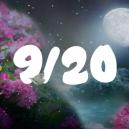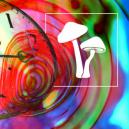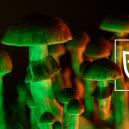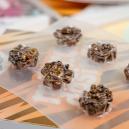Can You Use Magic Mushrooms To Improve Productivity?
Published :
February 4th, 2020
Categories :
Research

The possible benefits of microdosing psychedelics like psilocybin are currently receiving a wealth of media attention. But what does the science say? Here is the current take on microdosing to encourage productivity and creativity.
In the past few years, there has been much talk about microdosing psychedelic substances such as LSD or psilocybin. Microdosing is said to benefit not just our physical health, but also our mental performance, energy, and creativity. Silicon Valley professionals, who previously followed a Steve Jobs-ushered Eastern philosophy with meditation and sipping green juices, are now swearing by microdosing to increase productivity. Even average people who are otherwise not inclined to take drugs are now discovering microdosing as a new way to enhance their work and private lives.
Then again, most of these reports on the benefits of microdosing are anecdotal. The reason for this, as it so often is, is that few scientific studies have ever been conducted on microdosing and its benefits, with trials finally ramping up to remedy this lack of data. However, what preliminary research is out there is promising.
WHAT IS MICRODOSING?
Microdosing entails taking only very small doses of psychedelics such as LSD or magic mushrooms. A typical microdose may only be 1/20th to 1/10th of a normal recreational dose, and it’s usually taken every three to four days for a period of time, such as over several weeks. Since the dosages are so small, there are no profound alterations in perception, so those who microdose can still go about their daily routine as usual.
With all that said, what's the point of microdosing? Previous research has already suggested that even tiny amounts of psychedelics can boost creativity and improve mood and energy levels, along with other benefits.
RESEARCH ON MICRODOSING FOR IMPROVING PRODUCTIVITY AND CREATIVITY
Author and psychologist James Fadiman of Sofia University in Palo Alto, who has been involved in psychedelic research for 50 years, recruited over 1,500 volunteers from 59 countries for a study on the effects of microdosing. The volunteers agreed to take 10 micrograms of an active substance (i.e. psilocybin or LSD) every four days for a month. Each participant self-evaluated their emotional states during the study and documented their experiences in journals.
The volunteers reported an increase in positive emotions, and found that the microdosing made social interactions easier. Many of the participants said that microdosing improved their productivity and helped them focus better, with more energy. They also reported other benefits from microdosing, including positive effects on relationships.
The findings from the study, published in the Journal of Psychoactive Drugs, suggest that not only does microdosing psychedelics come with the aforementioned benefits, but that it’s safe and doesn’t come with the psychoactive effects classically attributed to psychedelics.
A previous study that looked into the effects of microdosing on psychological changes came to similar results: In this study, accessible via PLOS One, researchers found that microdosing was able to improve clarity, focus, productivity, and overall well-being.
The researchers also observed long-term effects, such as decreased depression and improved attention during the six-week study. Yet, the researchers also found that neuroticism slightly increased, which would suggest that people with anxiety are more likely to experience negative emotions when microdosing psychedelics. The researchers also cautioned that people who are interested in microdosing typically see it as a “general panacea able to improve virtually all aspects of an individual’s life”, which could influence the interpretations and reports of their experiences.
IS MICRODOSING PSYCHEDELICS THE “MIRACLE SOLUTION” FOR MORE PRODUCTIVITY?
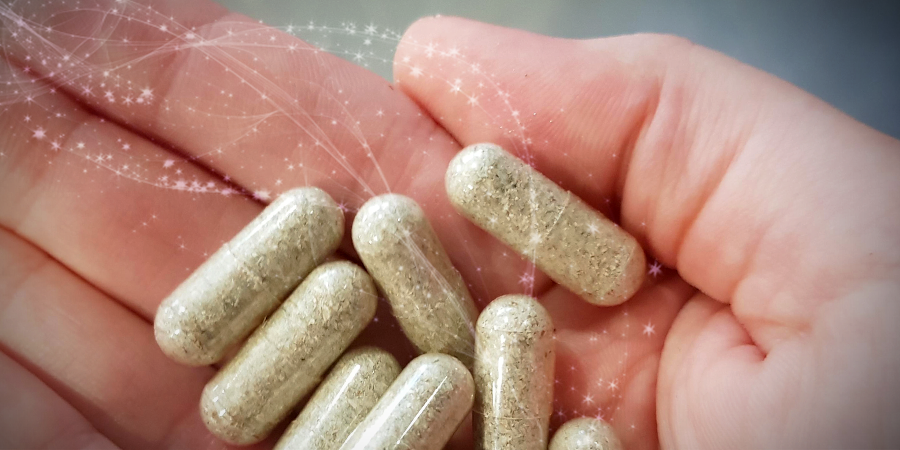
Before we come to a conclusion here, we shouldn’t let the excitement surrounding the potential of microdosing allow us to get ahead of ourselves. First, we should acknowledge that research on the subject is still in its infancy. The current preliminary research is encouraging, but there are many blind spots remaining. For instance, the above studies were conducted on people already familiar with psychedelics, so the results may not accurately reflect the effects of microdosing on everyone.
What’s needed are more long-term clinical studies with placebo-controlled groups. Moreover, there needs to be more attention given to any potential negative effects of microdosing. Even just looking at these early results, it is likely that microdosing may not be for people with anxiety and other mood disorders.
Secondly, we need to understand that taking psychedelics, even in small doses, isn’t as simple as taking a pill for a headache. Psychedelics work in a way that allows us to approach emotional issues with greater ease and effectiveness, helping us to get things done that otherwise could seem overwhelming. In other words, psychedelics should be seen as a tool that helps us overcome emotional obstacles, NOT as a panacea. Only when we know how psychedelics work, at different doses and for different purposes, can we fully use substances such as magic mushrooms to their full potential.










